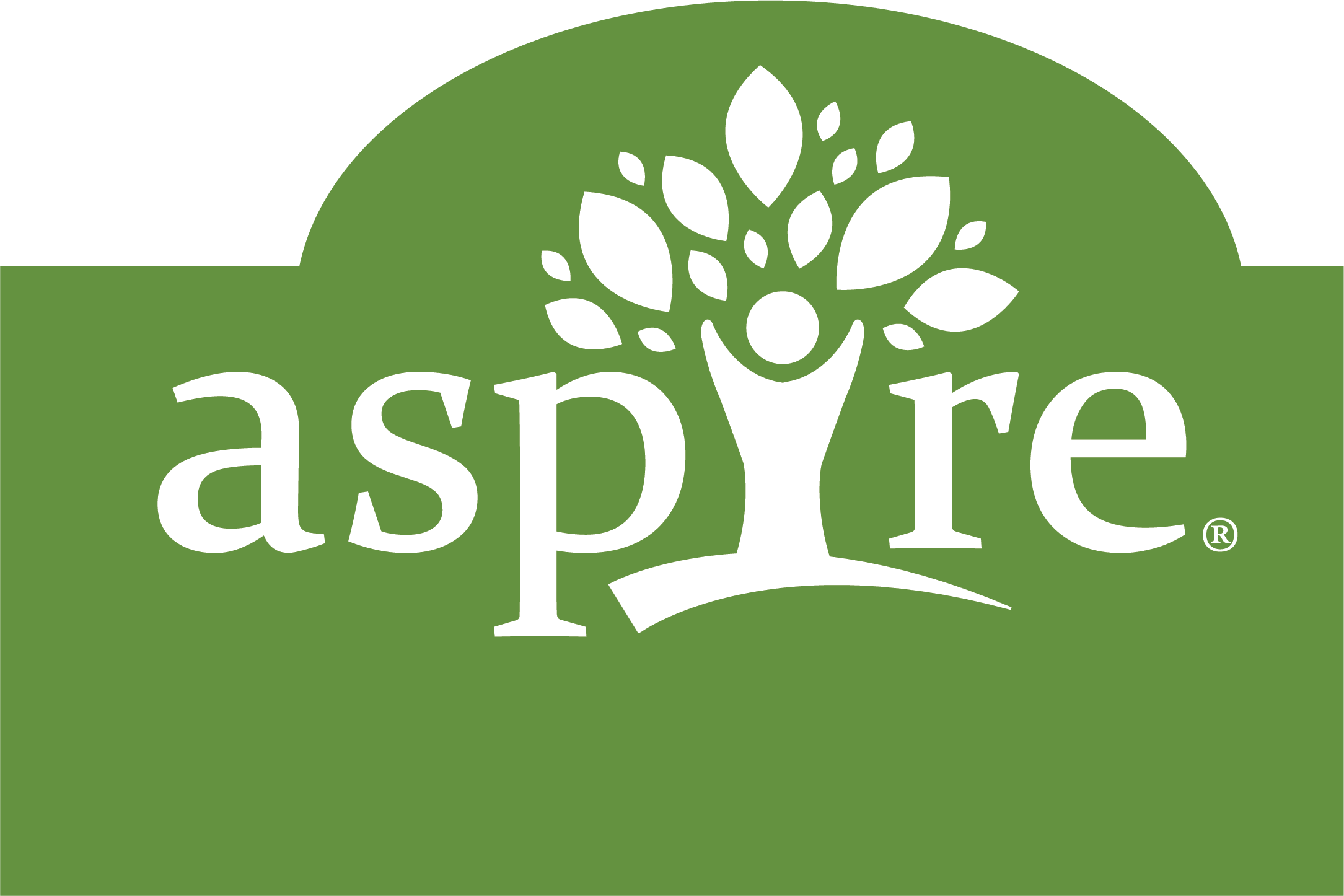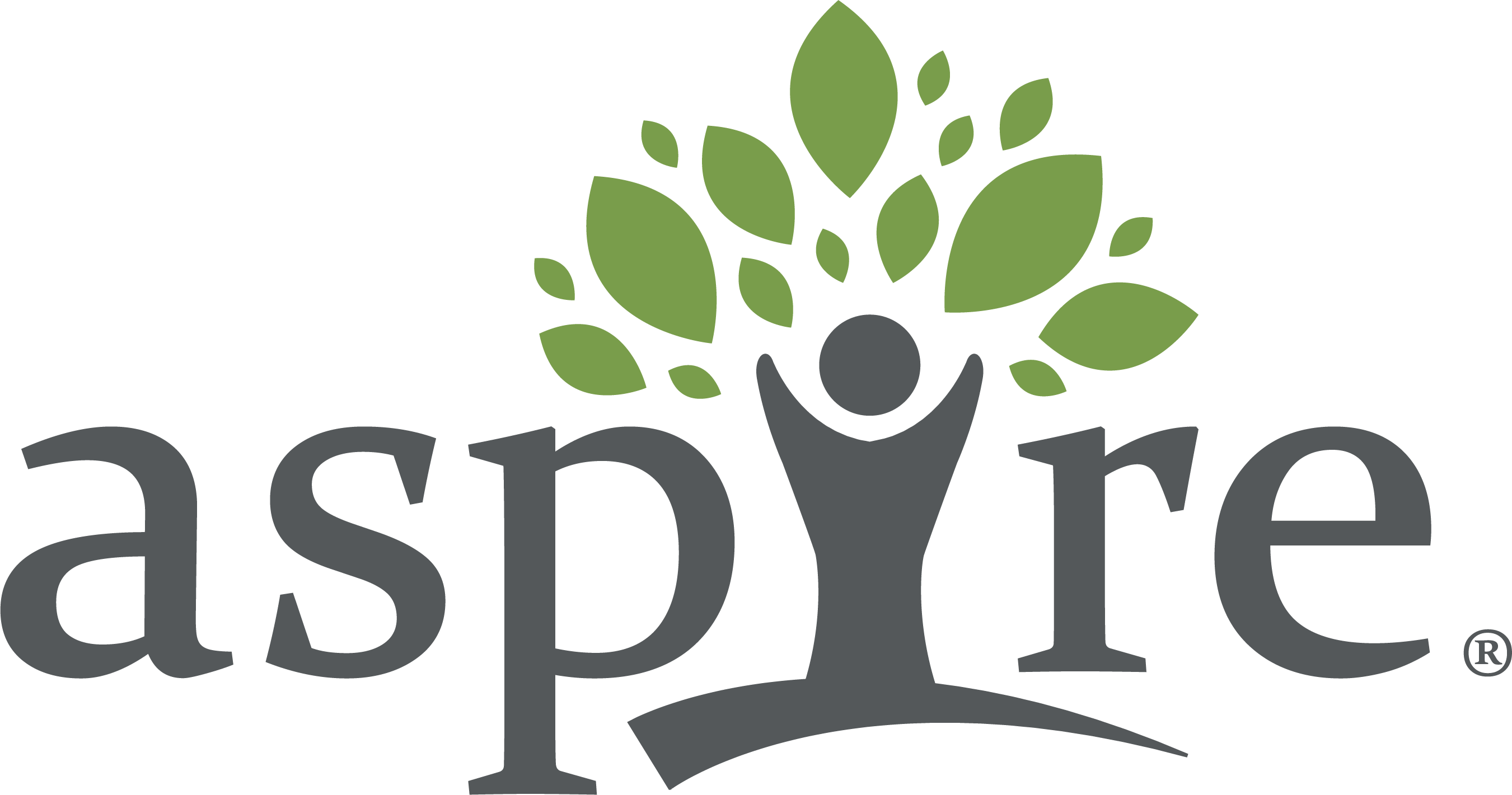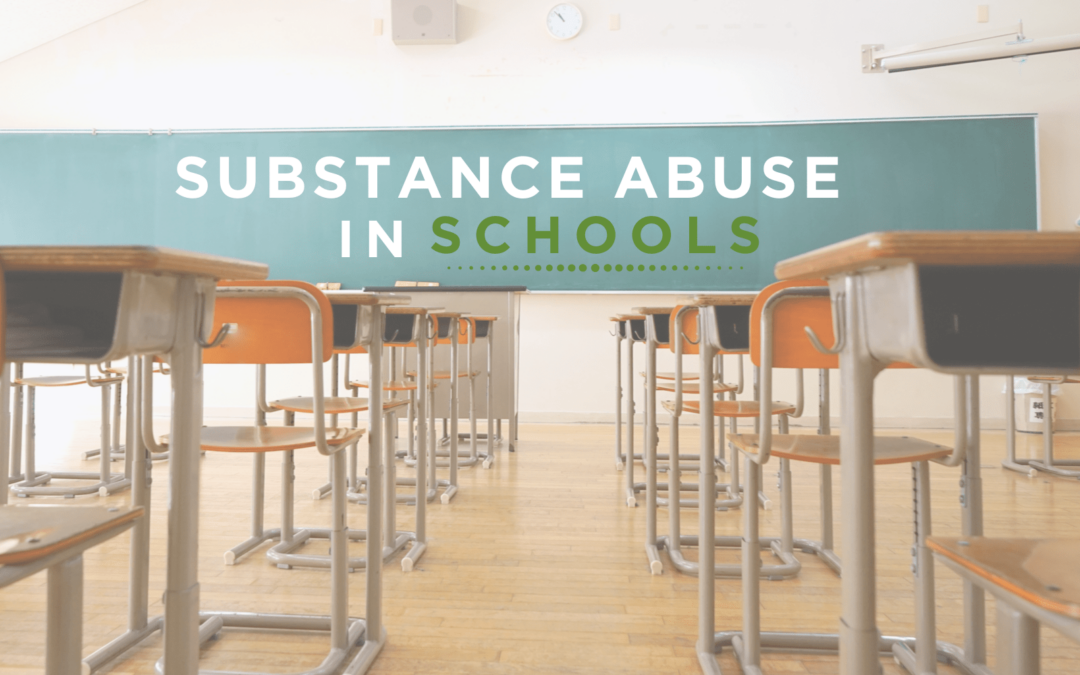Teen drug addiction has declined among youth over the last two decades. According to the Monitoring the Future Survey conducted by the National Institute on Drug Abuse, other than marijuana, drug use among 12th graders has declined by 30% over the past five years. However, while most drug use among youth is declining, teen substance abuse and teen alcohol addiction are still a problem that students are facing in schools today. The 2018 study show that 6% of 8th graders, 10% of 10th graders and over 12% of 12th graders are still using a variety of drugs including alcohol, marijuana, heroin, opioids, MDMA (Ecstasy or Molly), methamphetamine, amphetamines, sedatives, and ketamine. Marijuana vaping has increased by more than 50% among youth. Aspire Counseling Services helps to reduce these numbers by providing teen substance abuse treatment.
How do you know if your teen is using drugs? Parents can’t see into the future to determine whether their children will use drugs, but they can watch for risk factors that might apply to their children. These are the risk factors and signs to watch for to determine if your child needs teen addiction treatment.
Top Risk Factors for Teen Substance Abuse in Schools:
- Other People – Family or friends enjoy or even encourage use, and make it readily available
- Popular Culture – 45% of teens agree that movies and TV shows make drug use seem okay
- Escape and Self-Medication – When teens are unhappy or depressed, drugs are a chance to feel better
- Boredom – Some teens crave excitement and acceptance, and drugs help them fill their internal void
- Rebellion – Some drugs free them to behave aggressively, like alcohol and methamphetamines, others help with avoidance, such as marijuana
- Instant Gratification – Teens see the instant effect as a short-term trip to happiness
- Lack of Confidence – Some teens say that drugs give them confidence to do or say things they normally wouldn’t, and an excuse if they do or say anything stupid
- Misinformation – Someone tells them incorrect information regarding the drugs, and they don’t know better. Educate your teens about the real facts and dangers of drug abuse
Teens also have their own reasons for becoming interested in using drugs. There are a few key factors that influence a teen’s decision to use drugs that lead to teen drug addiction and teen alcohol addiction.
Warning Signs of Teen Drug Use
Many of the signs and symptoms of teen substance abuse are also typical teen behaviors. Many are also a sign of depression or anxiety disorders. Noticing the behaviors will allow you the opportunity to open conversations where you can ask direct questions regarding possible drug use. Aspire Counseling Services can provide you with the help you need to begin those conversations and for a possible teen substance abuse treatment program.
Behavioral Changes
- Changes in relationships with family and friends
- Secretive, makes excuses, avoids eye contact, locks doors
- Breaks curfew, out every night, drives reckless, uncharacteristically obnoxious
- Unusually clumsy, changing sleep patterns, has “munchies”, laughs at nothing
Mood and Personality Shifts
- Mood changes, sullen, withdrawn, depressed
- Loss of inhibitions
- Silent, uncommunicative, deceitful or secretive
- Hostile, angry, uncooperative
- Less motivated, unable to focus
- Hyperactive, unusually elated
Hygiene and Appearance Changes
- Smell of smoke or other unusual smells on breath or on clothes
- Messy appearance, poor hygiene
- Red, flushed cheeks or face
- Track marks on arms or legs (or long sleeves in warm weather to hide marks)
- Burns or soot on fingers or lips (from “joints” or “roaches” burning down)
Health Issues
- Unusually tired, lethargic movement
- Unable to speak intelligibly, slurred speech, or rapid-fire speech
- Nosebleeds, runny nose, not caused by allergies or a cold
- Frequent sickness, sores, spots around mouth
- Seizures, vomiting
- Wetting lips or excessive thirst (known as “cotton mouth”)
- Sudden or dramatic weight loss or gain
- Skin abrasions/bruises, accidents or injuries
- Depression, headaches, sweatiness
Other Changes or Behaviors
- Absenteeism or loss of interest in extracurricular activities, hobbies or sports
- Failure to fulfill responsibilities at school
- Complaints from teachers, reports of intoxication at school or work
- Disappearance of prescription or over-the-counter pills
- Missing alcohol or cigarettes
- Disappearance of money or valuables
- Receiving unusual packages in the mail
- Smell in the car or bottles, pipes, or smoking apparatus
- Hidden stashes of alcohol or drugs
Now that you know the warning signs it is important to trust your gut and watch for those signs to determine whether to seek teen addiction treatment. When your teen gets home from a night out with friends use your nose, have a face to face conversation, watch their eyes and physical actions for any warning signs. If the signs are there, Aspire Counseling Services is here to provide your teen with top-rated substance abuse treatment.

Planting Seeds, Saving Lives
Copyright © 2026 Aspire Counseling Services® | Privacy Practices | Terms and Conditions | Powered & Designed by Citryn, LLC

Planting Seeds, Saving Lives.
Available 24/7 (888) 585-7373
FOLLOW US ON SOCIAL MEDIA
MENU
HOME
OUR SERVICES
LOCATIONS
STAFF
ABOUT ACS
BLOGS
RESOURCES
CONTACT US
LOCATIONS
ARROYO GRANDE
ACS BAKERSFIELD
ABH BAKERSFIELD
FRESNO
SIMI VALLEY
Privacy Practices
Copyright © 2020 Aspire Counseling Services®
Powered & Designed by Citryn, LLC

